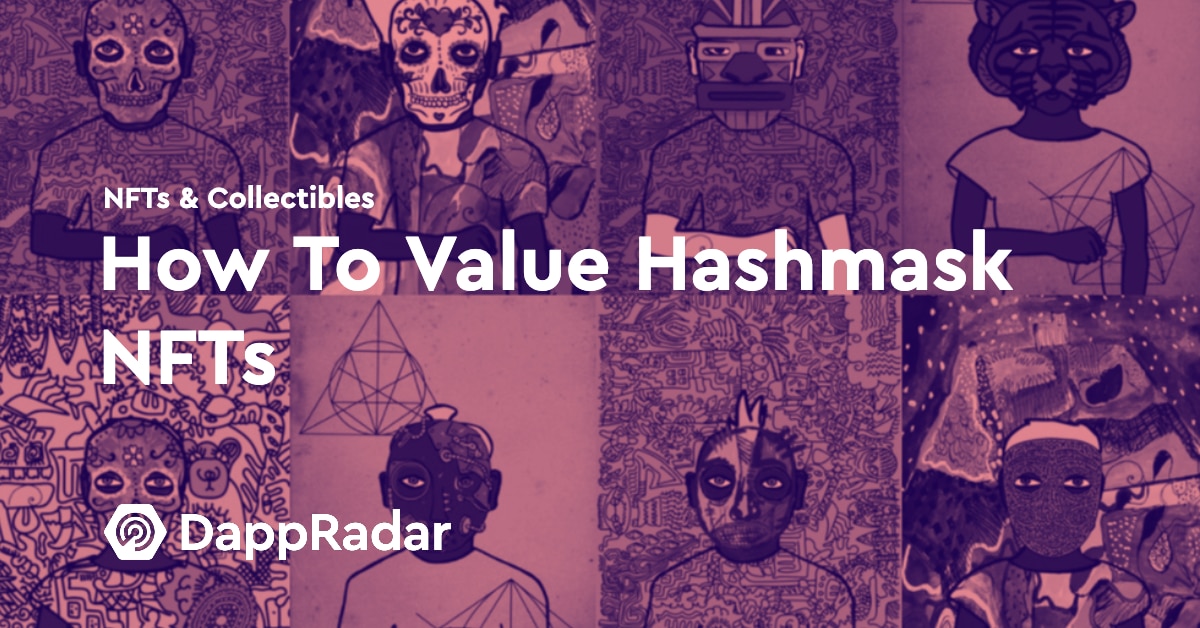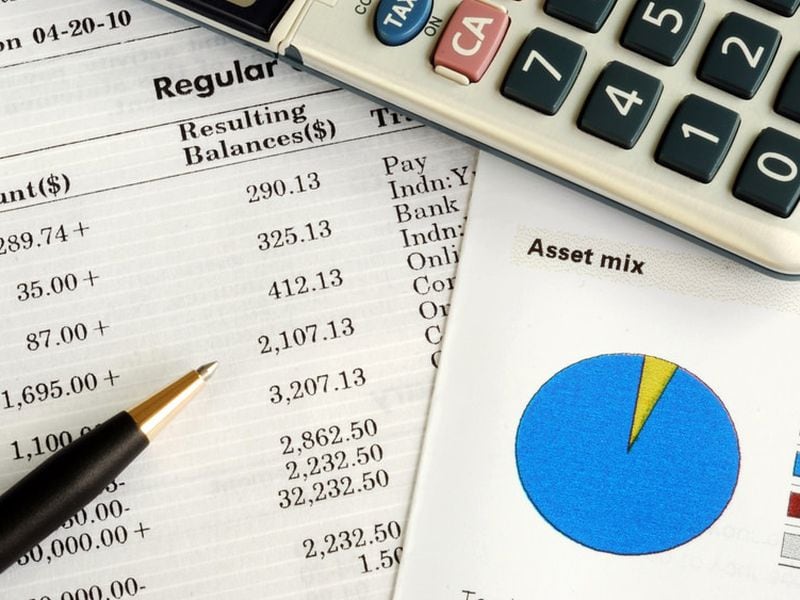Privacy Mixer Tornado Cash Is an Entity, Judge Says
A federal judge ruled against a group of Coinbase-backed investors and developers last week who alleged the U.S. Treasury Department overstepped its authority in sanctioning Tornado Cash. In doing so, he found that Tornado Cash had a DAO that could be sanctioned.
You’re reading State of Crypto, a CoinDesk newsletter looking at the intersection of cryptocurrency and government. Click here to sign up for future editions.
Tornado Cash wasn’t really a good case for the crypto industry. It was definitely used by North Korea to launder stolen crypto, and now a federal judge has ruled that it was designated properly by the U.S. Treasury Department’s Office of Foreign Assets Control (OFAC).
This is the second case where the existence of a decentralized autonomous organization (DAO) was used to find that a federal regulator was within its limits to bring an enforcement action against a crypto entity.
The Treasury was well within its bounds to sanction Tornado Cash, barring all U.S. persons (U.S. citizens worldwide and residents in the U.S. itself) from transacting with or otherwise using the service, a federal judge ruled last week.
Judge Robert Pitman, of the Western District of Texas, said in a relatively brief written order that plaintiffs – including Prysmatic Labs co-founder Preston Van Loon, Ethereum supporter Alex Fisher, Coinbase employees Tyler Almeida and Nate Welch and a few others – had not successfully argued that their First Amendment rights or the Administrative Procedures Act had been violated.
Tornado Cash was sanctioned just over a year ago by OFAC, which alleged the mixer – which obscures the transaction history of crypto tokens by mixing all users’ money together – was an important tool for North Korea’s Lazarus Group.
Lazarus is perhaps most famously accused of using social engineering to steal more than $600 million in crypto from Axie Infinity’s Ronin Bridge.
In his order, Judge Pitman discussed the differing views on the role of the DAO governing Tornado Cash, the characterization of the smart contracts making up the mixer, the role of a relayer in the process and even the difference of opinion on whether Tornado Cash is the software itself or the DAO running it.
“It is undisputed that Tornado Cash uses smart contracts to provide a layer of privacy for its users by allowing them to deposit crypto assets in one wallet and then withdraw assets from a different wallet. Plaintiffs claim that as of 2020, the smart contracts are immutable, autonomous software applications with no custodial operator that automatically check the inputs necessary for a valid transaction, allowing withdrawals without human intervention,” he noted. “However, the government states that these smart contracts are created by Tornado Cash developers and then approved and deployed by the DAO, to provide customers with virtual currency mixing services on multiple blockchains.”
In his ruling, the judge found that Tornado Cash does meet the bar for being seen as an entity. Specifically, it’s an association composed of the project’s founders, developers and the DAO. OFAC sanctioned both the software itself and the group of people behind it in its order last year, he said.
This isn’t the first time a DAO was found to be an organization for court purposes by a federal court. Judge William Orrick, in the Northern District of California, found that Ooki DAO was an unincorporated association for the purposes of a Commodity Futures Trading Commission lawsuit.
The judge also found that Tornado Cash did have a property interest in the smart contracts, pointing to fees generated in TORN tokens as one example.
“Even if not every smart contract can be considered a contract, the record shows that Tornado Cash promoted and advertised the contracts and its abilities and published the code with the intention of people using it – hallmarks of a unilateral offer to provide services,” he wrote.
He also pushed back against the idea that code is abstract, saying the code for Tornado Cash’s smart contracts were not only deployed, but “convey[ed] an ongoing benefit … in the form of fees transmitted to the DAO.”
Coinbase Chief Legal Officer Paul Grewal has already said the exchange, which funded the original lawsuit, would support an appeal.
The question, then, is what sort of precedent we’ll ultimately see with DAOs and their role overseeing crypto projects.
And, in the meantime, OFAC still faces another suit from Coin Center over the Tornado Cash sanctions.
-
XRP Ruling Needs Appeals Court Review, SEC Says: The SEC has formally petitioned the federal judge overseeing its case for permission to appeal her ruling from last month finding Ripple did not violate securities law in putting XRP on exchanges, but did in how it sold XRP to institutional investors.
-
3AC Founders’ OPNX Fined $2.7M by Dubai Crypto Regulator: OPNX, the company founded by Three Arrows Capital’s Kyle Davies and Su Zhu (who appear to be on the run from authorities in countries like the U.S. and the British Virgin Islands) now faces a 10 million dirham ($2.7 million) fine for violating Dubai regulations.
:format(jpg)/cloudfront-us-east-1.images.arcpublishing.com/coindesk/VOTIT73LYVAZBOU56JQANUCTVM.png)
-
15:00 UTC (11:00 a.m. EDT) There was a town hall in Celsius’ ongoing bankruptcy case.
-
14:05 UTC (10:05 a.m. EDT) Federal Reserve Board Chairman Jerome Powell will speak at the annual central banker shindig at Jackson Hole.
-
(Washington Post) A Kansas newspaper raided by police was accused of having access to private documents that could only have been accessed by impersonating someone. A county prosecutor has moved to return the seized materials, saying there was “insufficient evidence” for the allegations.
-
(Washington Post) Candidates for the Republican Party’s presidential nomination will debate this Wednesday (except, apparently, former President Donald Trump, who has more crypto than he’s admitted). It’s unclear whether crypto will become a topic of discussion at this first debate.
:format(jpg)/cloudfront-us-east-1.images.arcpublishing.com/coindesk/ONUXBOMYANG3HEG54UNYSL5LS4.png)
If you’ve got thoughts or questions on what I should discuss next week or any other feedback you’d like to share, feel free to email me at nik@coindesk.com or find me on Twitter @nikhileshde.
You can also join the group conversation on Telegram.









